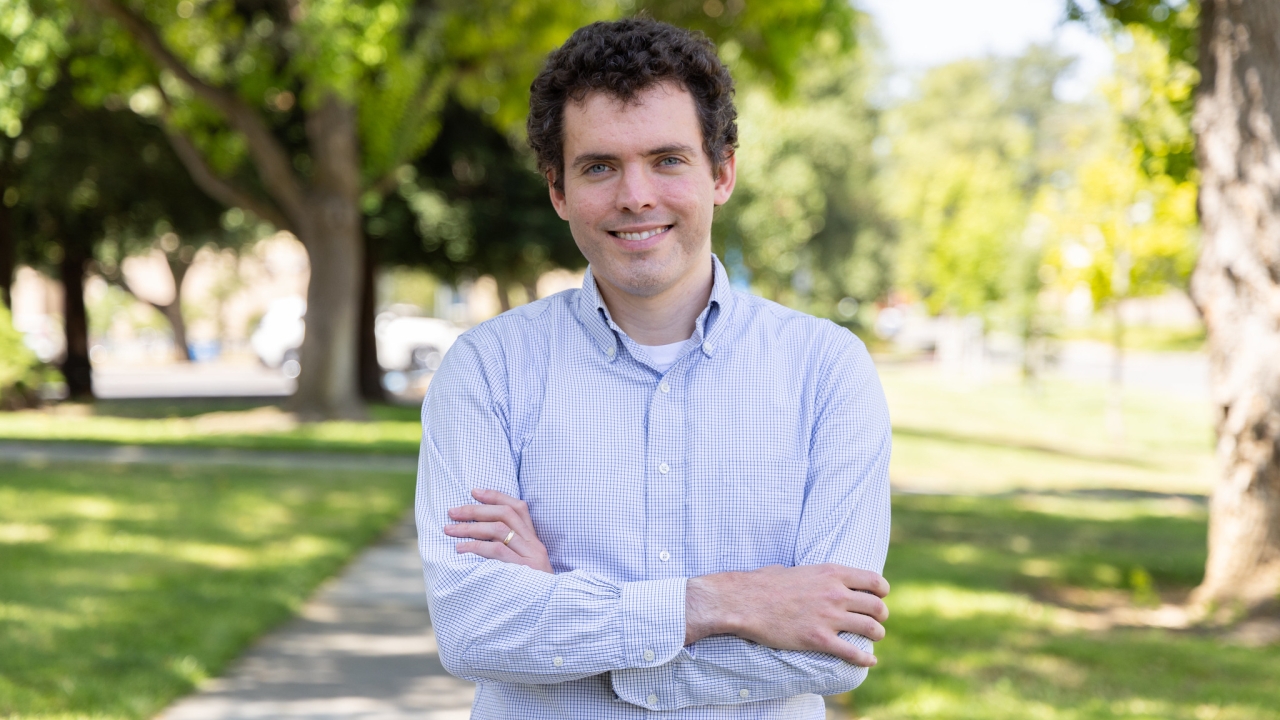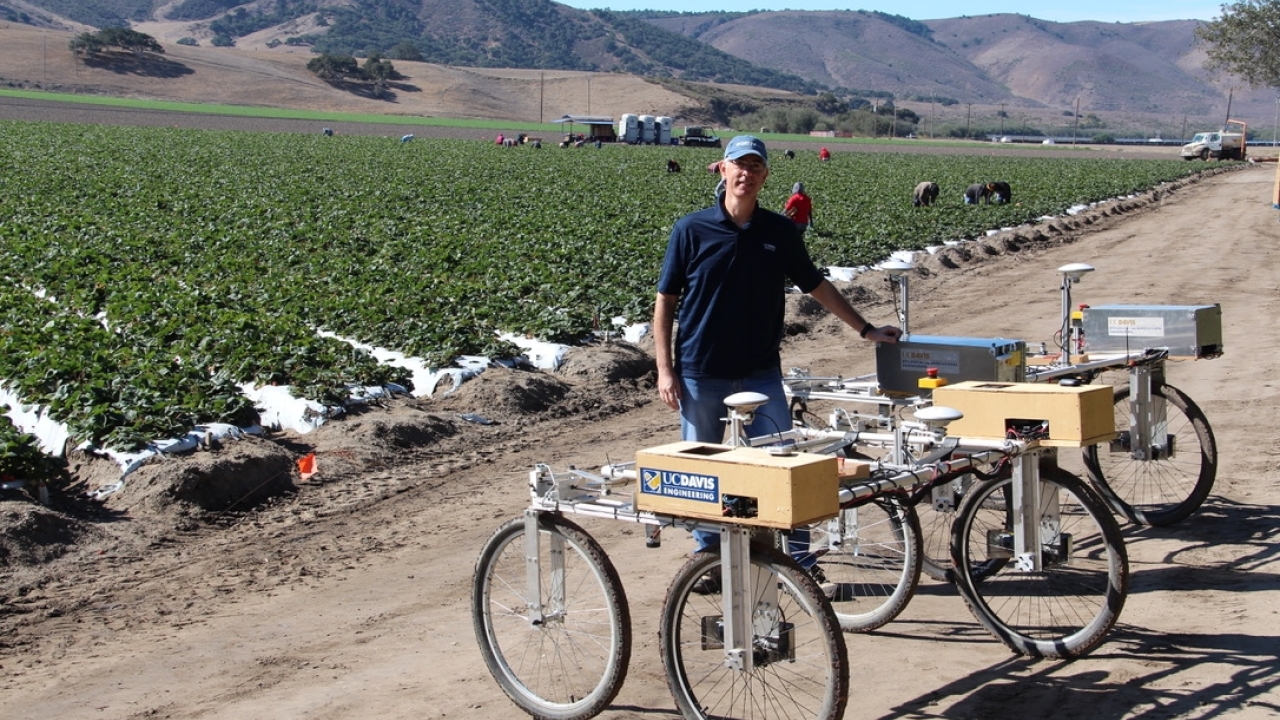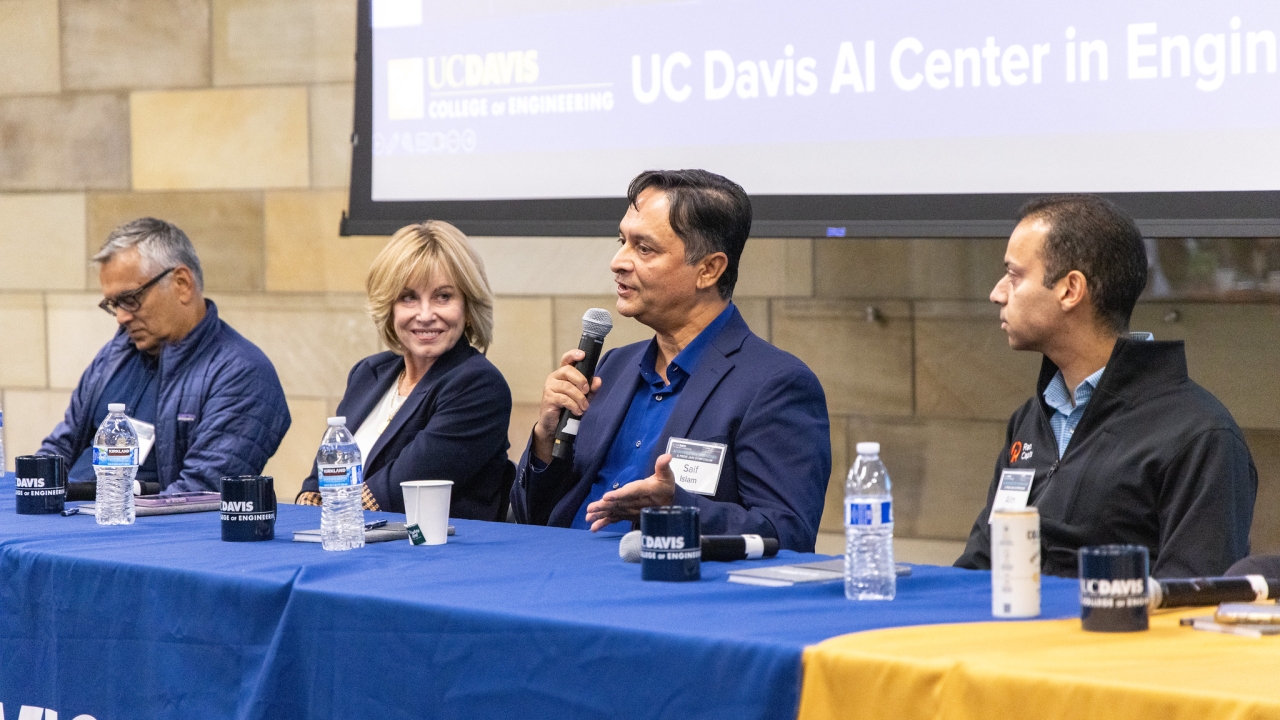
Julian Panetta Receives NSF CAREER Award
The National Science Foundation has selected Julian Panetta, an assistant professor of computer science at the University of California, Davis, to receive a Faculty Early Career Development Program, or NSF CAREER, Award.
The prestigious award supports early-career faculty who have the potential to serve as academic role models in research and education and to lead advances in the mission of their department or organization.
"Receiving this award is an incredible honor, and I am grateful to the NSF for its recognition and support of my group's research agenda," Panetta said. "This award will empower us to push the boundaries of computational design and digital fabrication over the next five years and will directly support the recruitment, training and development of students who will become future leaders in computer science and engineering."
Panetta's research largely focuses on developing algorithms and computational methods for automating the design of physical objects that meet specific goals and performance metrics and can be sent directly to a 3D printer for fabrication.
The CAREER Award will fund a project that aims to develop computational techniques to accelerate the simulation and design process of high-performance mechanical metamaterials.
Mechanical metamaterials are elastic materials engineered at the microstructure level to exhibit unique properties not found in nature and could enhance performance capabilities in applications like soft robotics, athletic gear, deployable structures and prosthetics.
Designing the internal geometric structures of these types of materials to achieve a desired behavior is extremely challenging, says Panetta, particularly for materials that will stretch or compress by large amounts and press against themselves. These materials are too complex to design manually, and even state-of-the-art computational design technologies like topology optimization struggle to design them.
Panetta's research team seeks to create computational techniques to address these limitations, making it possible to control how these materials behave across their full range of motion. Moreover, they intend to develop methods for ensuring these materials are as durable as possible despite their fine geometric structures and can be reliably fabricated on consumer-level 3D printers.





